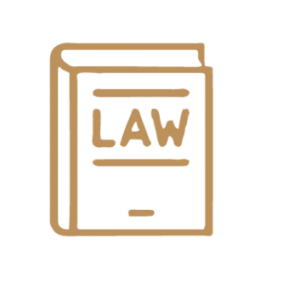Forgery


 What is Forgery?
What is Forgery?
The legislature has not yet provided a specific definition of forgery, only mentioning instances of this crime in Article 523 of the Penal Code adopted in 2013, which stipulates: Forgery is the making or writing of a seal or signature of official or unofficial persons and scratching or Scraping or writing or attaching or erasing or proving or blackening or submitting or delaying the date of a document relative to the actual date or attaching a text to another text or using another seal without the permission of its owner and the like mentioned above.
Document Forgery
Document forgery occurs when:
The forger should arrange the writings and sheets similar to the original sheet and writings, and in that document, he should sign the signature instead of the owner of the original writing.
Or make a seal and put a sheet on it.
Or distorts the document and the writing and cuts or erases a word from it or a sentence that causes it to be deleted and blackens a part of the writing that makes that part of the document, writing illegible, delete part of the text and also professionally paste and paste a text on the document of another text or change the numbers and dates on the document and text by adding or deleting part of the numbers or use another stamp that writes or submits a document without his permission and presents is considered a forgery of a document and is very clear that forgery of a document includes official and ordinary documents.
 The elements of forgery
The elements of forgery
The crime of forgery, like any other crime, has elements that are:
1- Material element: It means that the actions and deeds that were performed by a person in the definition of forgery and mentioning its examples, must be performed in order for the material element to be realized, and of course the same material element includes action and omission of action.
2- Spiritual element: It is considered as intent to commit a criminal act and awareness and vigilance while committing forgery.
3- Legal element: When the judge is dealing with the complaint of the interested persons or the report of the governmental administrative disciplinary authority, he must recognize that the act committed by the accused is related to the legal provisions related to forgery in the Islamic Penal Code.
4- Harmful element: It means that the action of the forger person causes harm to the person or persons or society.
Punishment for forgery and use of forged documents
A- Punishment for forgery in unofficial documents or writings
According to Article 536 of the Islamic Penal Code, anyone who forges or falsifies documents or uses them with knowledge of forgery, in addition to compensating for imprisonment from 3 months to 1 year, he will be imposed up to one and a half to a fine of six million rials.
B- Forging and using forged official documents
Pursuant to Article 525 of the ICCPR of 2013, they are forgery of decrees or signatures or seals or signatures of the First Vice President, ministers, seals, signatures of members of the Guardian Council, members of parliament, the Assembly of Experts, judges, one of the heads or employees or government officials from their official position and forging seals, stamps and marks of companies, government institutions, departments, institutions of the Islamic Revolution and forging staples, marking gold or silver, forging and using common domestic, foreign banknotes or bank documents such as those accepted from the bank or checks issued by banks and other bank commitment documents.
According to Article 526 of the Penal Code. 2013, Anyone who forges, enters the country, uses the banknotes of ordinary or foreign banknotes or bank documents, securities or remittances issued from the treasury with the intention of disrupting the monetary, banking, economic situation or disrupting the country’s system which convicted of war will be sentenced to 5 to 20 years in prison.
According to Article 526 of the Penal Code. 2013, Anyone who forges, uses the documents of employment, graduation, confirmation or transcripts of universities and institutions of higher education in or outside the country or value certificates of foreign education in the knowledge of being forged in addition to compensation for imprisonment is sentenced from 1 to 3 years.
According to Article 526 of the Penal Code. 2013, Anyone who forges the seal, punch or the mark of one of the public non-governmental departments and institutions such as the municipality or knowingly forging the use of its element is sentenced to 6 months to 3 years in prison.
Punishment begins to forge
The punishment for committing the crime of forgery according to Article 542 of the Islamic Penal Code will be the minimum punishment imposed in the same case.
Use a forged document
In almost all cases of forgery, the legislature has discussed the use of a forged document in the same vein, and has imposed the same penalty for forgery. It should be noted that this crime is committed simply by committing acts such as using, citing or exchanging and so on.
If you have any questions in the field of forgery and filing a lawsuit and forgery and related rulings, or if you need help in preparing and implementing its provisions, our experienced consultants and lawyers at the Asia Lawyers Group will answer your questions.


